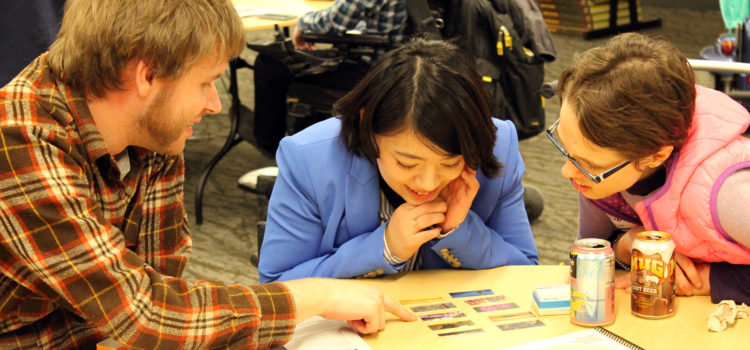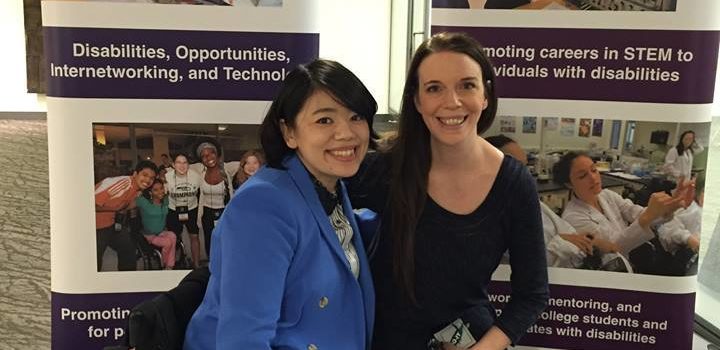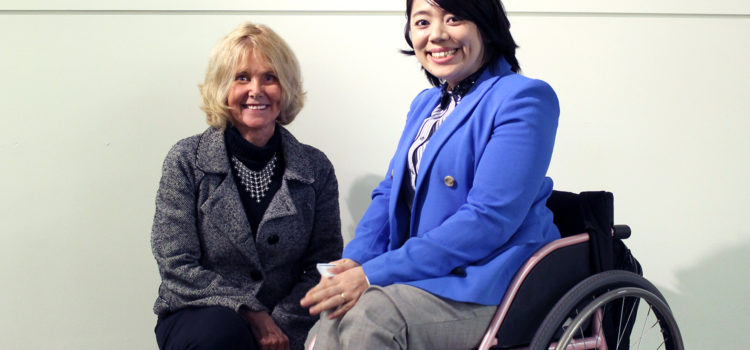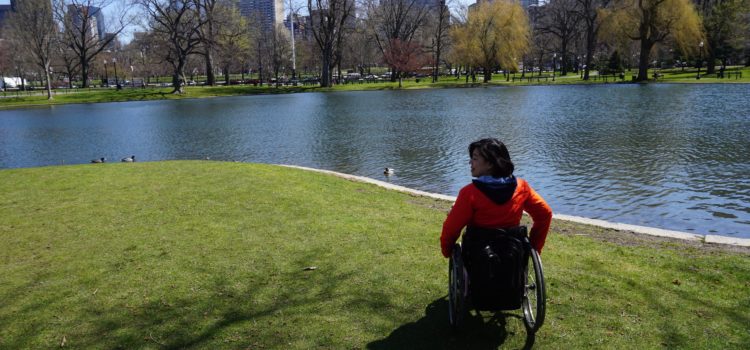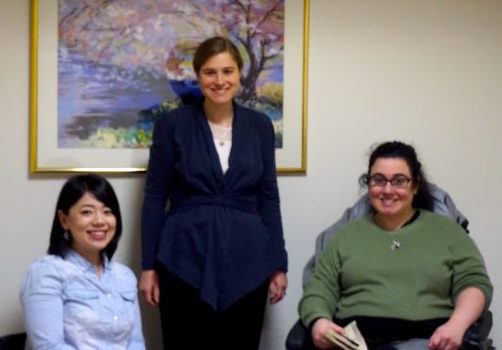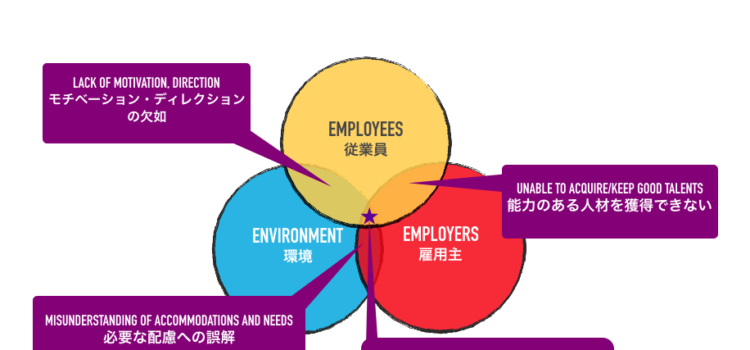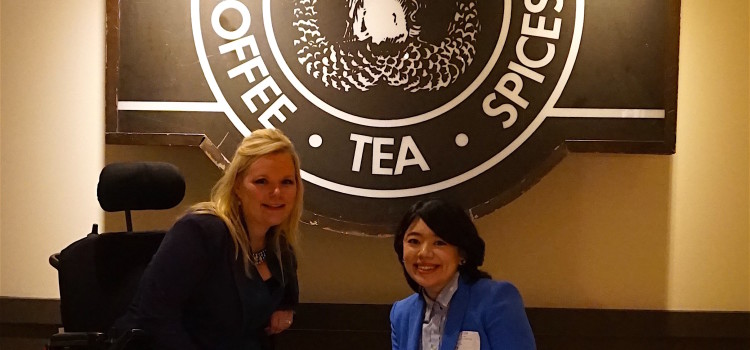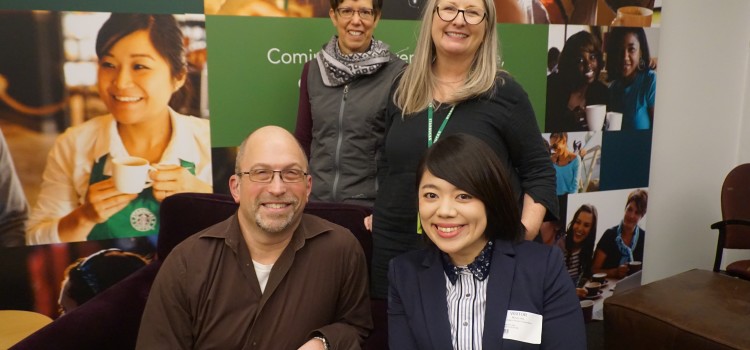In late March, I attended 31st Annual International Technology and Persons with Disabilities Conference in San Diego. At the conference, you can find the latest technology service and products which support and maximize abilities of people with disabilities in daily life, at school, or workplace.
At first, I was only planning to go there as an attendee. However, Sheryl Burgstahler who is a director of DO-IT Program in University of Washington (Interview report is here) asked me to give a presentation with her. DO-IT Program has been implementing locally in Asian countries including Japan. At Sheryl’s session, I got 15 minutes to talk about education and employment environment for people with disabilities in Japan.


